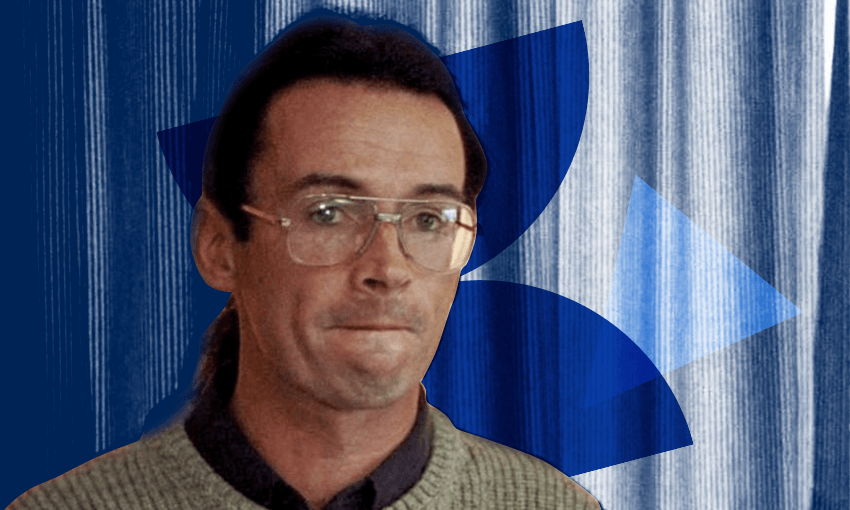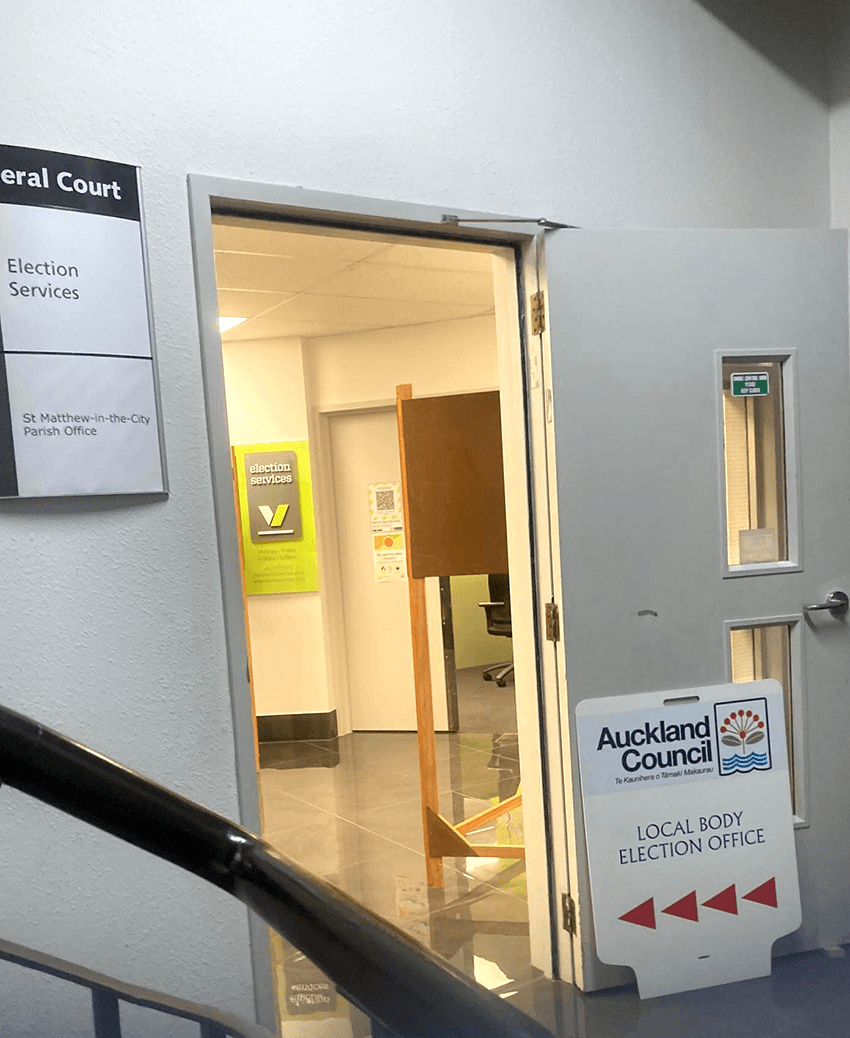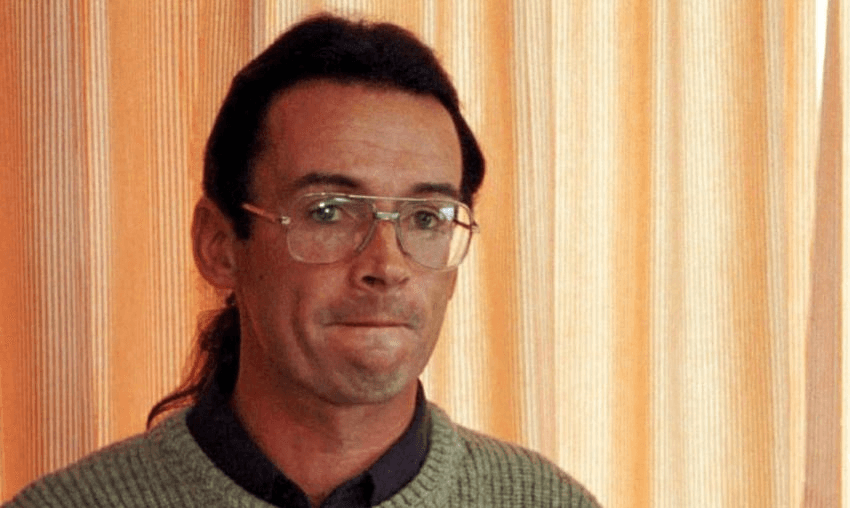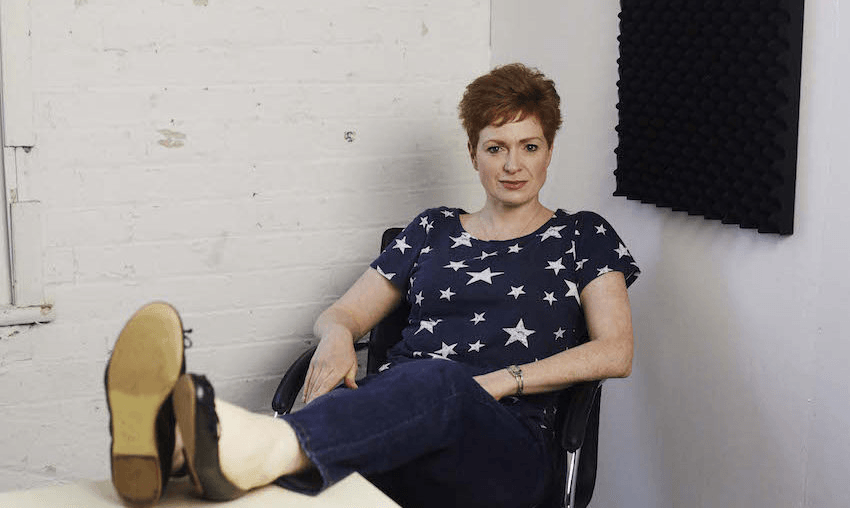The Supreme Court will this afternoon deliver a landmark final judgment on one of the country’s most high profile legal cases, which began over 30 years ago.
Christchurch Civic Creche worker Peter Ellis was convicted for child sex offences in 1993. He spent seven years in jail and had tried to clear his name since the conviction.
On July 31, 2019, the Supreme Court granted Ellis an appeal against the Court of Appeal decisions, on the grounds of whether a miscarriage of justice occurred in the original trial.
Ellis died of bladder cancer in September 2019 before the appeal could be heard, but last year the Supreme Court ruled his appeal could continue despite that. It was the first time in Aotearoa that a conviction was appealed by a dead person. The defence used a tikanga-based argument that all people have mana in death, so Ellis had a right to re-establish his mana by clearing his name, and that therefore his case should still be heard.
Today’s decision will make a call on whether a miscarriage of justice occurred in the 1999 decision against Ellis, in particular whether Ellis was given a fair trial.
In a two-week hearing in October last year, Ellis’s lawyer Rob Harrison told the court that improper techniques were used to gain testimony from child complainants, that expert witness’s claims lacked scientific foundation, that the jury did not get proper guidance to evaluate evidence and that the trial was inconsistent with the New Zealand Bill fo Rights.
There is special interest surrounding today’s judgment as it will also reveal the court’s thinking on whether the court regards tikanga as part of the common law, and whether tikanga informed their thinking in Ellis’ case – which would be precedent setting.
The judgment will start to be read at 2pm and will be livestreamed. No media reporting of the judgement will be allowed until the reading is finished.









